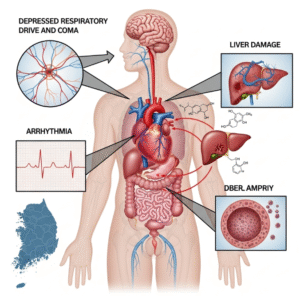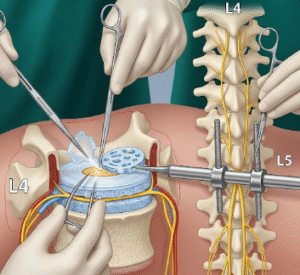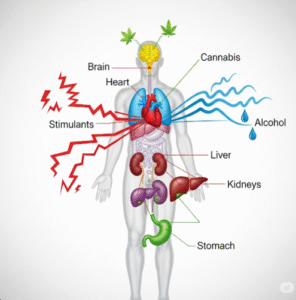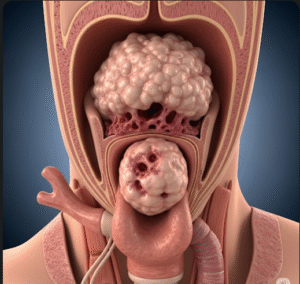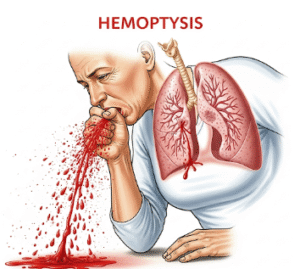Overview
Social behaviour disorders refer to a group of psychological conditions in children and adults that impact their ability to interact appropriately in social environments. These disorders can affect education, relationships, and overall quality of life. In Korea, growing awareness has led to the expansion of diagnostic and treatment services, particularly within child development centers and psychiatric clinics.
What is Social Behaviour Disorder?
Social behaviour disorders are characterized by persistent patterns of aggressive, disruptive, or socially inappropriate actions. This umbrella term includes conditions such as Oppositional Defiant Disorder (ODD), Conduct Disorder (CD), and some forms of Autism Spectrum Disorder (ASD) when social norms are significantly impaired.
These disorders differ in severity and often appear during childhood or adolescence. Early intervention is key to improving behavioral outcomes and social functioning.
Symptoms
Symptoms vary depending on the type and severity of the disorder, but may include:
- Frequent temper tantrums or irritability
- Defiance of rules and authority
- Aggressive behavior toward others or animals
- Lack of empathy or remorse
- Social withdrawal or difficulty forming relationships
- Repeated lying, stealing, or destructive behavior
- Poor performance in school or trouble with peer groups
Causes
Social behaviour disorders result from a combination of biological, psychological, and environmental factors, such as:
- Genetic predisposition or family history of mental illness
- Brain development issues affecting impulse control
- Trauma or abuse during early life
- Neglect or inconsistent parenting
- Prenatal exposure to alcohol, drugs, or toxins
Risk Factors
- Family history of behavioral or mental health conditions
- Exposure to domestic violence or chronic conflict
- Substance abuse in the family
- Poor parenting or lack of supervision
- Poverty or unstable living conditions
- Early childhood trauma
- Male gender (higher prevalence in boys)
Complications
If untreated, social behaviour disorders can lead to:
- Academic failure or school expulsion
- Juvenile delinquency or criminal activity
- Drug and alcohol abuse
- Long-term mental health issues like depression or anxiety
- Social isolation or troubled relationships
- Difficulty maintaining employment in adulthood
Prevention
While not all cases can be prevented, some steps can help reduce risk:
- Stable and supportive home environment
- Positive parenting with clear boundaries and consequences
- Early intervention at signs of aggressive or antisocial behavior
- School-based behavioral support programs
- Access to mental health services for at-risk families
Treatment Options in Korea
- Diagnosis
- Conducted by child psychologists or psychiatrists
- Includes behavioral assessments, parent interviews, teacher reports, and psychometric testing
- Often involves ruling out other neurodevelopmental disorders like ADHD or autism
- Therapeutic Approaches
- Cognitive Behavioral Therapy (CBT): Helps children understand and change negative thought patterns
- Parent Management Training (PMT): Teaches parents how to effectively manage behavior
- Social Skills Training: Teaches children how to interact more positively with peers and adults
- Family Therapy: Addresses family dynamics that may contribute to behavioral issues
- Group Therapy: Helps children practice new behaviors in a structured social setting
- Medication
- Used when therapy alone is not sufficient
- May include stimulants, antidepressants, or antipsychotics based on symptoms and co-occurring conditions
- Always closely monitored by child psychiatrists in Korea
- Support in Schools
- Many Korean schools provide school counseling, behavior intervention plans, and special education support
- Collaboration between school staff and mental health professionals is encouraged
- Leading Centers and Services in Korea
- National Center for Mental Health (NCMH) – Seoul
- Seoul National University Hospital Child and Adolescent Psychiatry
- Asan Medical Center – Pediatric Psychiatry
- CHA Bundang Medical Center – Child Development Center
- Mental health services in district community health centers (보건소)
- Long-Term Management
- Regular check-ups with psychologists or psychiatrists
- Continued family education and support
- Monitoring for emergence of additional mental health concerns during adolescence and adulthood


